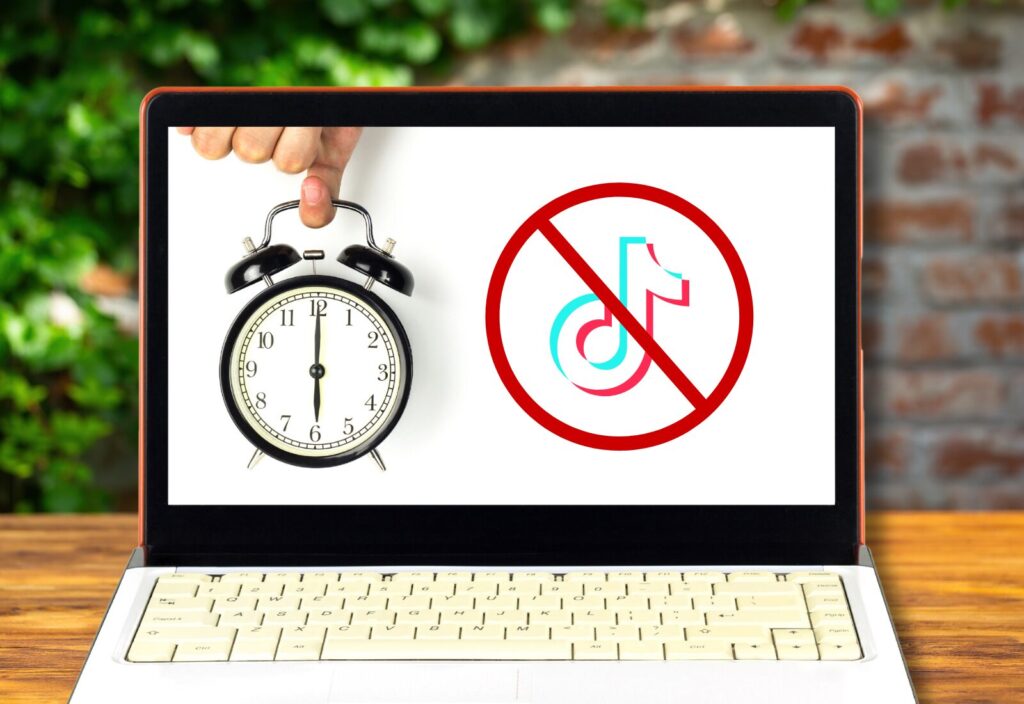Earlier last month, the U.S. House of representatives passed a bill that would require ByteDance, the parent company of TikTok, to sell its stake in social media app or see it banned. Behind the move, is the U.S. Government’s concerns that the owner of TikTok’s connections to China poses a national security threat, which if left unchecked could place the data of its American users in the hands of an accepted adversary. They claim the app could be used to spy on Americans, or as a weapon to influence them. They point to a Chinese law that requires companies to turn over personal data if it is sought by the government.
However, there is little to no evidence that this has occurred, and the legislation seems to be based on fear of and a general distain for China, rather than any empirical data. If passed in the Senate, and signed into law, it will only anger China and bring further retaliatory action against U.S. Companies.
China’s Retaliation and Public Distain
Examples of just such retaliation include China’s recent announcement that it is implementing new guidelines to remove U.S. technology from its government computers, which would see at least a partial ban of Intel and AMD microprocessors. They have also responded to other U.S. actions by implementing export regulations on rare earth minerals, blocking mergers involving a U.S. semiconductor company, and banning purchases of Micron chips for use in China’s infrastructure on cybersecurity grounds.
Retaliation from China is just one of the concerns surrounding the potential ban. Angering U.S. users is another. Currently, there are estimated to be over one hundred and seventy million TikTok users in the United States alone. The app provides a platform for people to create and disseminate content with a wide reach like never seen before. In the event of a ban, this large swath of U.S. users, including businesses and content creators, would instantly be disenfranchised. The public would lose an important tool for free speech and the sharing of ideas. A move which would be unprecedented.
Response from TikTok
To counter lawmaker’s concerns, the app has claimed it already made unprecedented voluntary steps to provide a safe experience for U.S. users, channeling the source code used to power its algorithm through U.S. Company Oracle. But will this be enough to avoid implementation of the ban? Probably not. As a result, TikTok has also been reaching out to its users through the app encouraging them to call their representatives and indicate their opposition to the measure.
Current Status of the Bill
The senate is poised to take up the bill, though it is unclear when, and it appears to have stalled. President Biden has already said he would sign the bill into law if it made it through the upper house. Currently, it is with the Senate Commerce Committee, which is considering holding a hearing on the matter. It is unclear whether the Committee will weigh the First Amendment concerns with banning a platform of free speech and expression, or whether they would leave such challenges to the courts.
Legal Battles
Every indication is that TikTok would bring just such a legal battle in the event the bill was signed into law. In fact, last year Montanna passed a similar outright ban. That law was challenged in the courts, and was temporarily blocked by a federal judge who said the ban was unconstitutional. Judge Donald Molloy said that attempts within Montana to block the app represented a “pervasive undertone of anti-Chinese sentiment.” Previously, actions by then President Trump to remove the app in the U.S. were also blocked by multiple judges in federal court.
Forced Sale
The other possibility for ByteDance in the event the bill becomes law is to sell the app within 180 days. However, a sale presents significant challenges, including finding a buyer that could afford the multi-billion-dollar price tag. China would also have to approve the sale, and they have already indicated they would not support it. TikTok’s CEO indicated that it is unfeasible such a sale could occur, and the passage of the bill would only result in the banning of the app within the U.S.
Impact on Businesses
Any such ban would arguably impact local businesses who rely on the app as a way to reach more consumers and sell products. The over seven million small and medium sized businesses on the platform would see a dramatic impact from the loss of their TikTok revenue and marketing, though they are not alone. Big brands have also relied on TikTok to reach younger consumers, including Sephora, Walmart, and Target. Advertising on TikTok is more affordable compared to other companies like Google and Meta, and a ban would force brands to readjust their marketing strategies, diversify their outreach, and engage with more expensive platforms.
Proponents of the bill say it is a chance to regulate the tech industry after years of inaction by congress on matters that include protecting children, user privacy, and regulating artificial intelligence. The bill does face opposition from some senators, including Kentucky Senator Rand Paul, who called it “a draconian measure that stifles free expression, tramples constitutional rights, and disrupts the economic pursuits of millions of Americans.”
Conclusion
Besides the first amendment concerns, such a law would undoubtedly exasperate tensions between China and the U.S. and have a future impact on technologies, including solar panels, electric vehicles, and semiconductors.
So far the evidence of national security threats from the app has remained secret. But from the statements of one representative, Sara Jacobs, the concerns heard in classified briefings before the bill was passed in the house are “things that are happening on all social media platforms” not just TikTok. As a result, it remains to be seen what kind of precedent the law would set for the tech industry as a whole and the impact it would have on the first amendment freedoms enjoyed by the American public.

























